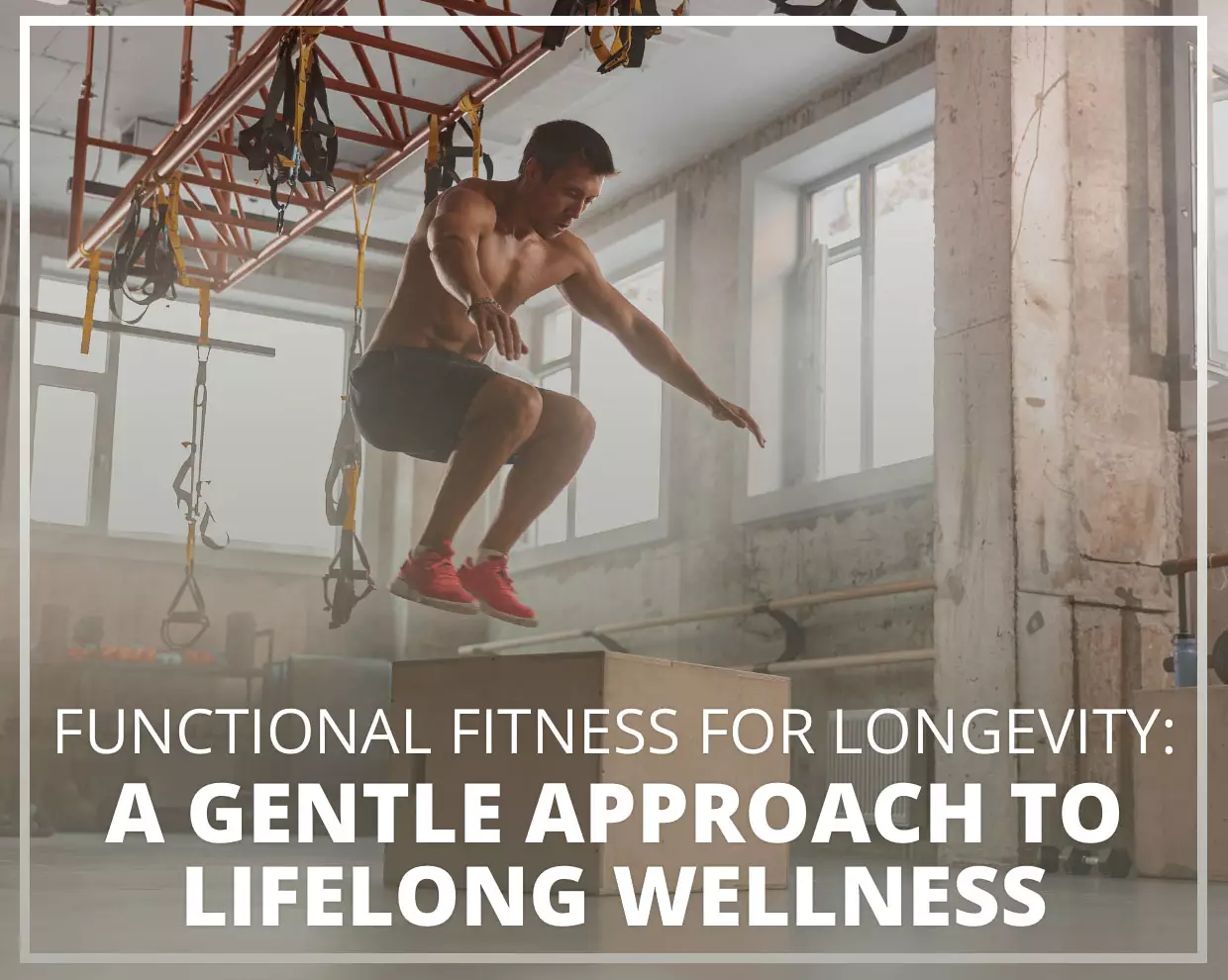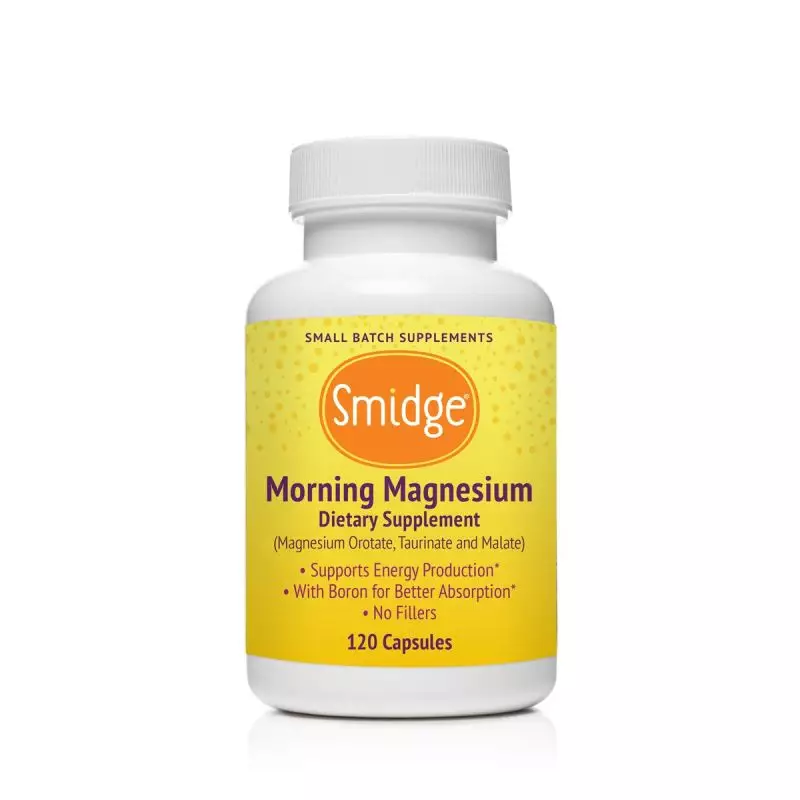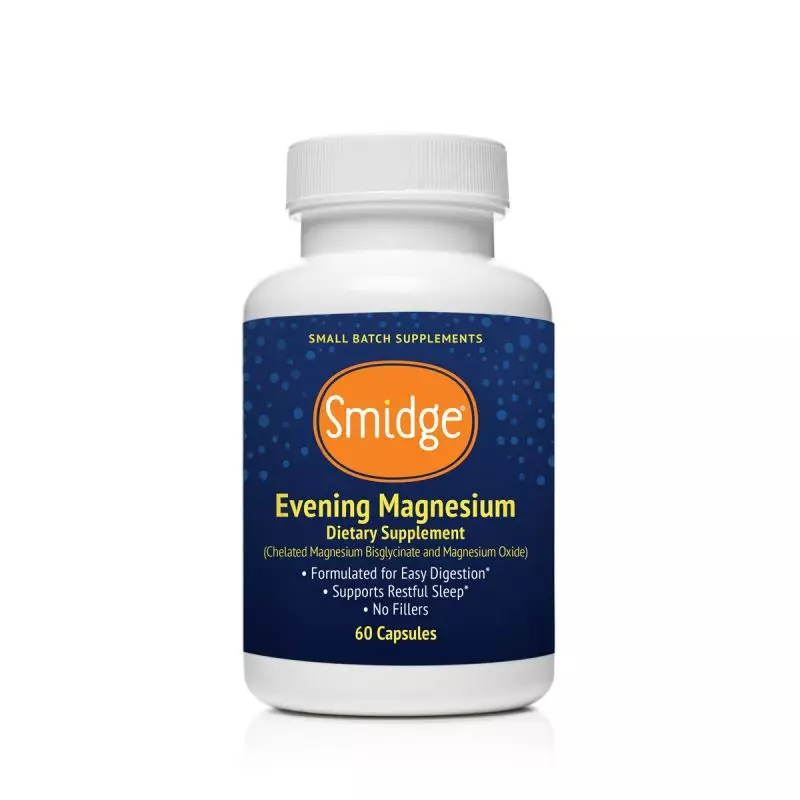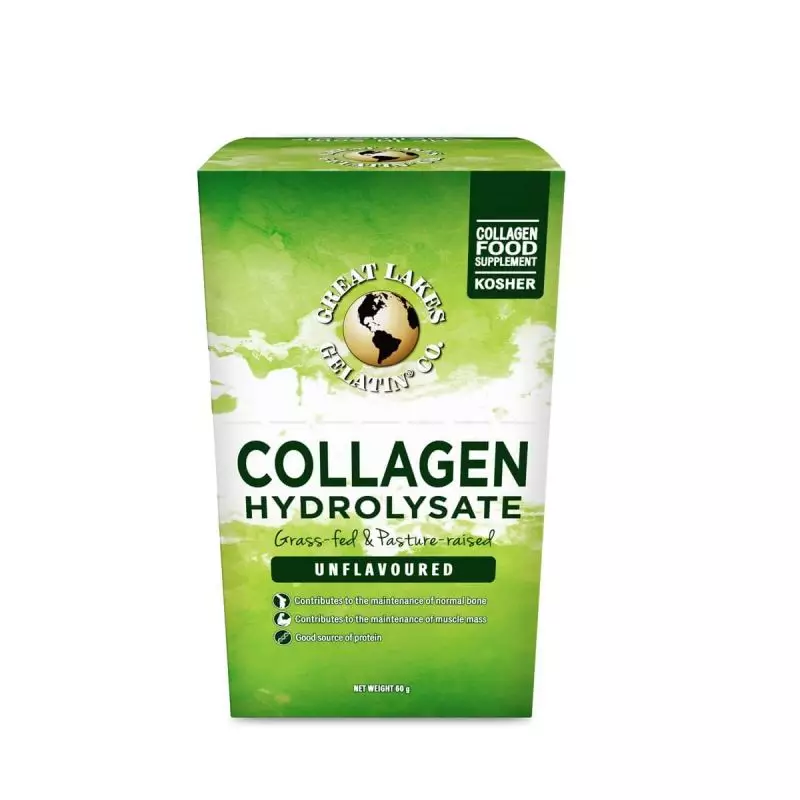In the pursuit of a healthier, more active lifestyle, the concept of functional fitness has gained considerable attention. This approach to exercise, which emphasises practical, everyday movements, might be particularly beneficial for supporting longevity and quality of life. This article explores the potential benefits of functional fitness for longevity, drawing on various studies and expert opinions..
Understanding Functional Fitness
Functional fitness refers to exercises that train your muscles to work together, preparing them for daily tasks by simulating common movements you might do at home, at work, or in sports. Unlike traditional weightlifting, which often isolates specific muscles, functional fitness exercises tend to engage multiple muscle groups.
The Science Behind Functional Fitness
Research suggests that functional exercises may help to support balance, agility, and muscle strength, contributing to a more active and independent life, especially as one ages. A study published in the Journal of Physical Therapy Science found that functional fitness exercises might support balance and lower limb strength in older adults. [1]
Functional Fitness and Ageing
As we age, maintaining physical fitness becomes crucial for preserving independence and quality of life. Functional fitness, with its focus on real-world activities, might be particularly suitable for older adults.
Potential Benefits for the Elderly
• Support Balance and Coordination: Balance tends to deteriorate with age, increasing the risk of falls. Functional fitness exercises, which often involve balance training, might help mitigate this risk.
• Support Strength and Mobility: Regular functional fitness routines may contribute to maintaining muscle strength and joint mobility, potentially easing the performance of daily activities.
• Cognitive Health: There's emerging evidence linking physical exercise with cognitive health in older adults. A study in the Journal of Aging Research suggests that physical activity, including functional exercises, might have a positive impact on cognitive functions in the elderly [2].
Functional Fitness for All Ages
While particularly beneficial for older adults, functional fitness is not exclusive to this demographic. People of all ages might find value in exercises that mimic everyday movements
Incorporating Functional Fitness into Daily Life
• Start with Simple Movements: Begin with exercises that mimic daily activities, like squats (simulating sitting and standing) or lunges (mimicking climbing stairs).
• Progress Gradually: As your strength and endurance improve, gradually increase the intensity and complexity of your workouts.
• Consult Fitness Professionals: Especially if you're new to exercise or have specific health concerns, seeking advice from fitness professionals might be beneficial.
Role of Nutrition and Supplements in Functional Fitness
Proper nutrition is a key component of functional fitness. Supplements like Great Lakes Wellness Collagen Hydrolysate and Bioptimizers Magnesium Breakthrough can support this journey. Collagen Hydrolysate may help to support healthy cartilage and muscle health, essential for functional movements. Magnesium, being vital for over 300 enzymatic processes, can support muscle and bone health, contributing to overall fitness and longevity.
Potential Risks and Considerations
While functional fitness might offer numerous benefits, it's important to approach it with caution, especially for individuals with pre-existing health conditions or those who are new to exercise.
Tips for Safe Practice
• Listen to Your Body: Pay attention to your body's signals and avoid pushing yourself too hard.
• Seek Professional Guidance: Before starting any new exercise regimen, it might be wise to consult with a healthcare professional or a qualified fitness instructor.
• Focus on Form: Proper technique is crucial to prevent injuries. Consider working with a trainer who can guide you on correct form and posture.
Functional fitness, with its emphasis on practical, everyday movements, might play a significant role in promoting longevity and supporting quality of life. By incorporating functional exercises into our routines, we might not only improve our physical capabilities but also contribute positively to our overall well-being, especially when supported by appropriate nutrition and supplements like Collagen Hydrolysate and Magnesium Breakthrough.
References
1 Effects of Functional Strength Training on Functional Movement and Balance in Middle-Aged Adults
2 Physical activity and risk of cognitive decline: a meta-analysis of prospective studies

 UK Store
UK Store  NZ Store
NZ Store AU Store
AU Store EU Store
EU Store


















